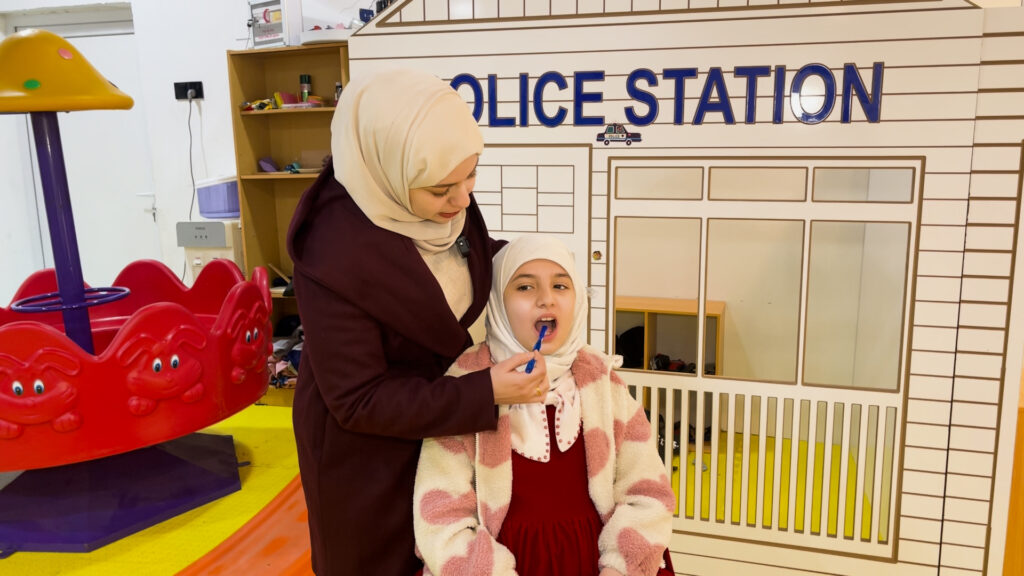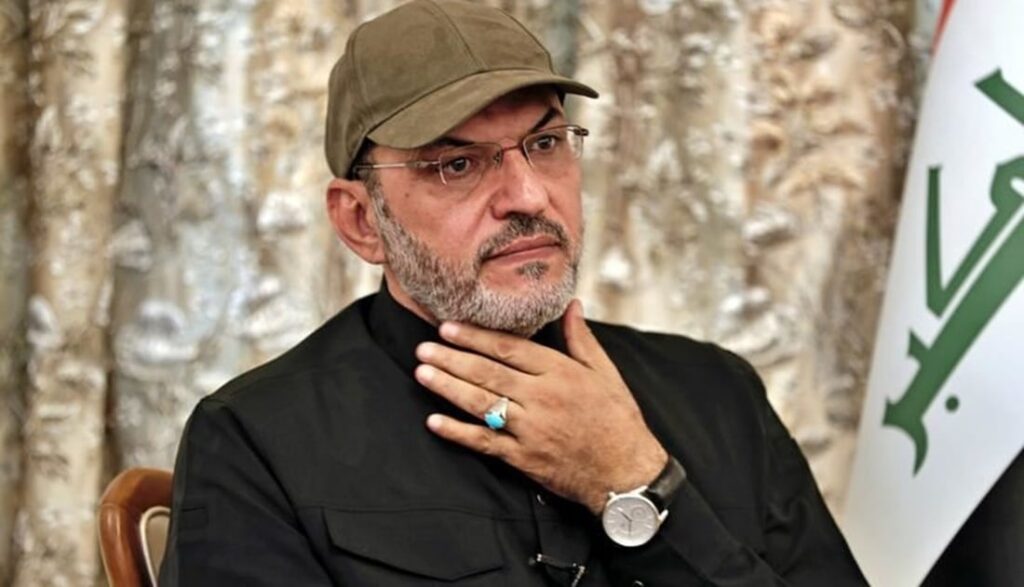Idlib: Are joint Russia-Turkey patrols in northwest Syria too little too late?

Turkey managed to forestall a regime offensive last September, which the UN feared would have sparked a major humanitarian catastrophe. At least three million Syrians are thought to remain inside HTS-controlled areas. Vast numbers would likely have flooded into neighboring Turkey.
Since then, however, HTS has managed to expand its territorial control over Idlib province, and even parts of neighbouring Aleppo, despite the presence of 12 Turkish Army observation posts along Idlib’s frontiers established under the Astana-brokered de-escalation zones.
The Turkish-backed National Liberation Front (NLF) also struck a deal with HTS that allowed the latter to impose its rule over its newly-conquered territories. This resulted in the jihadists further consolidating their administrative control over Idlib and undermining Turkey’s designated role of containing them and creating a demilitarized zone in the northwestern province.
In light of these developments, it seems that joint Turkish-Russian military patrols in the province may be too little too late.
Dr Kerim Has, an analyst at the Russian International Affairs Council (RIAC), doubts these patrols will prevent an escalation.
“Definitely, the patrols are too little too late and don’t seem to completely provide security in Idlib,” he said.
“First, throughout the last six months, Turkey could not persuade the radical rebel groups, mainly HTS, to withdraw from the designated 15-20 kilometre demilitarized zone in Idlib, as was expected with the Sochi deal on September 17, 2018,” Has said.
“Second, neither the removal of heavy weaponry from the so-called demilitarized zone nor the opening of M4 and M5 highways for the use of the Assad regime has been achieved.”
“Third, HTS’s territorial control of Idlib is already exceeding 90 percent compared to 50 percent last year.”
“So, these patrols are not a result of a successful strategy, but rather a tactical make-up to implement the plan in a smoother way,” Has explained.
“Russia’s plan is still to push Turkey to take more effective measures in Idlib against HTS. If Ankara completely fails to deactivate HTS in the region, Moscow will very likely support a regime offensive.”
Has also reasons that potential US sanctions on Turkey over its purchase of the Russian S-400 air defense system “seem to determine not only the future of the Turkey-Russia rapprochement but also the exact date of this offensive.”
Joint patrols by Russia and Turkey are not “a long-lasting measure that may ultimately take a military offensive of the Assad regime off the agenda,” Has said, “but rather it seems to be primarily a tactical step for both Ankara and Moscow.”
“It lets Russia keep Turkey nearby in Syria, but also allows Ankara to postpone a potential crisis with Moscow and have a room for maneuver ahead of new US-Turkey tensions,” he added.
Idlib’s borders
HTS-controlled Idlib has not been cut-off nor embargoed by either Turkey or the Syrian regime in recent months. On the contrary – many of the border crossings into the province have remained open.
The province’s Bab Al Hawa crossing with Turkey, for example, is essentially controlled by HTS. The group has reportedly been levying taxes on vehicles using the crossing to import goods.
Provincial border crossings between Idlib and areas controlled by the regime – the Abu Al-Duhur, Morek, and Qalaat Al-Mudiq crossings – have also remained open. The Assad regime reportedly imposed $400-worth of fees on vehicles going in and out of HTS-controlled Idlib.
Tal Rifaat patrols
Earlier this month, Russian and Turkish officials allegedly discussed extending patrols to include Tel Rifaat. According to an anonymous Turkish security source, the last discussions with Russia about joint patrols in the Tal Rifaat area were held on March 11.
In early 2018 after Turkey invaded the Syrian Kurdish enclave of Afrin, tens-of-thousands of Kurds fled to the neighboring Tel Rifaat area, which the Syrian Kurdish People’s Protection Units (YPG) captured from Islamist fighters in February 2016.
Turkish President Recep Tayyip Erdogan vowed to extend his Afrin offensive to include Tel Rifaat, but this never happened, likely due to the presence of the Syrian regime and Russian military police.
Has believes Russian-Turkish patrols in that area could prove similar to those undertaken by the US and Turkey in the city of Manbij last year.
“Patrols would mainly aim to prevent any Turkish-Kurdish conflict in the region and Turkey-backed rebel groups’ from advancing any deeper into Syria,” Has said.
“Also, the patrols would likely irritate the American side by giving an image of a deepening Turkey-Russia rapprochement.”


